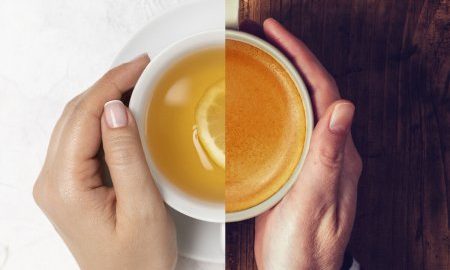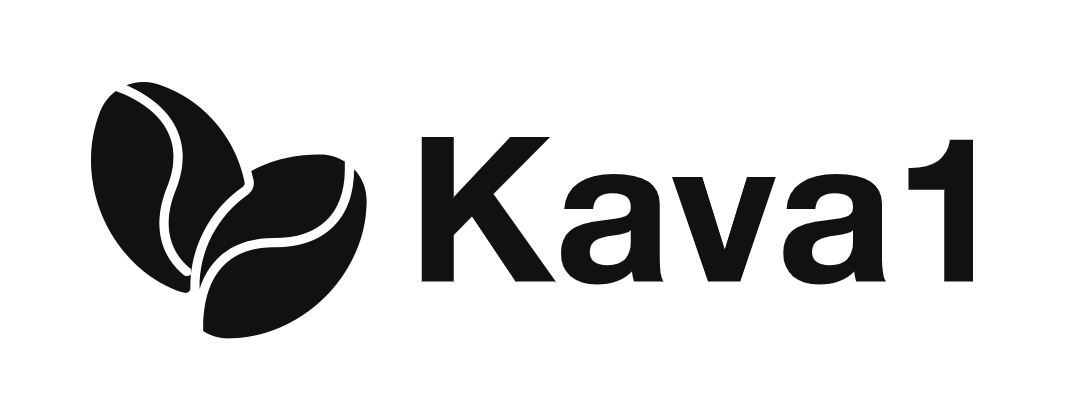Blogs
TEA OR COFFEE: WHICH ONE TO CHOOSE? DIFFERENCES AND HEALTH BENEFITS

Tea or coffee ? On which side of the drink do you feel most “deployed”? If one or the other is indifferent to you and you’ve never focused on the benefits of each , this insight might interest you. We don’t want to create two opposing fans but simply trace the benefits of these two drinks that look alike but which, at the same time, contain very different nutritional properties . Maybe you drink both in the morning to replenish your energy…or you are part of that large group of people who love to have tea during the cold afternoonsof winter. Whatever your choice, you must know that in addition to personal taste, both tea and coffee can benefit your health in very different ways and here today we will see how.
A few words about the two drinks
What tea and coffee have in common is caffeine, contained in different quantities depending on the quality, infusion, extraction, quantity of water used for preparation, etc. Except that while tea is traced back to the Orient in the collective imagination, coffee is often forfeited among Italian traditions even if we didn’t invent it. The fact is that the most health-conscious people prefer tea while coffee is a drink for everyone … or almost.
In fact there are also those who, by choice, refuse the offer of a good coffee with the sacrilegious words “no, thank you. I don’t drink it.” All the fault of caffeine which, according to most people, is contained in greater quantities in coffee. Tea, on the other hand, is also drunk before going to sleep without too many worries about its energizing properties . To be precise, many have discovered the existence of caffeine in tea and, therefore, the decaffeinated variants were born and herbal teas and infusions have become an indispensable trendy drink.
Caffeine in tea and coffee
If it is true that caffeine generates insomnia, migraine, nausea and gastric disturbances, it is also true that tea is a renowned oriental curative drink , suitable for relaxing contracted muscles and soothing pain and suffering. Despite this, tea also contains caffeine, a substance capable of blocking the relaxation neurotransmitter and activating metabolic processes such as lipolysis or at the biliary level. It’s true, tea contains less caffeine than coffee, but that’s not always true.
If you drink unbagged tea, for example, it may contain more caffeine than unfiltered coffee. On the contrary, a tea pod or sachet contains less due to the type of preparation that takes it from the plantation to the supermarket. In general, tea is prepared at low temperatures and this process means that not all the caffeine can be extracted from the leaves but, at the same time, the coffee is prepared with the whole bean, another feature which preserves greater quantities of caffeine.
Some darker roasted coffees may contain higher levels of caffeine. Real teas, such as black tea and green tea, contain varying amounts of caffeine . As a general rule, the strongest teas contain 70 to 90 milligrams of caffeine. Black tea and matcha green tea tend to be the strongest teas. Some teas, such as herbal teas, do not contain caffeine.
The properties and benefits
Finally, it should be considered that a large variety of teas contain the amino acid of l-theanine , a substance that helps decrease the absorption of caffeine into the blood, reducing the nervousness to which many people are subject.
To return to our original question, is tea or coffee better ? Neither or better, both. Coffee is ideal in the morning for the highest amount of caffeine while tea is an ideal drink for those who usually drink little water or for those who want to relax in a warm and lasting embrace .
Coffee is an ally of diseases such as type 2 diabetes , but it is also a friend of those on a diet and those who do not want to get out of bed in the morning. It also increases adrenaline in the blood , providing greater amounts of energy and faster response times, especially during physical activity. Inside a cup of coffee you will always find a good amount of vitamin B as well as beneficial micro-nutrients such as potassium and manganese.
That’s why there’s no need to choose
Tea, on the other hand, is an ally of our cells since it preserves them from the risk of cancer and oxidative damage caused by free radicals. Indeed, a cup of tea is rich in anti-oxidant substances that regenerate cellular tissue and protect us from aging.
As far as weight is concerned , however, we can say that coffee helps reduce the sense of hunger while tea speeds up the metabolism. Four cups of tea a day, according to some studies, could even cause you to lose noticeable inches on your hips. Tea is also an important protection for our brain, especially green tea.
In conclusion we can say that tea and coffee are both our allies who can coexist peacefully in our nutrition . The trick, of course, is always not to overdo it and to respect the recommended doses due to the presence of caffeine.

